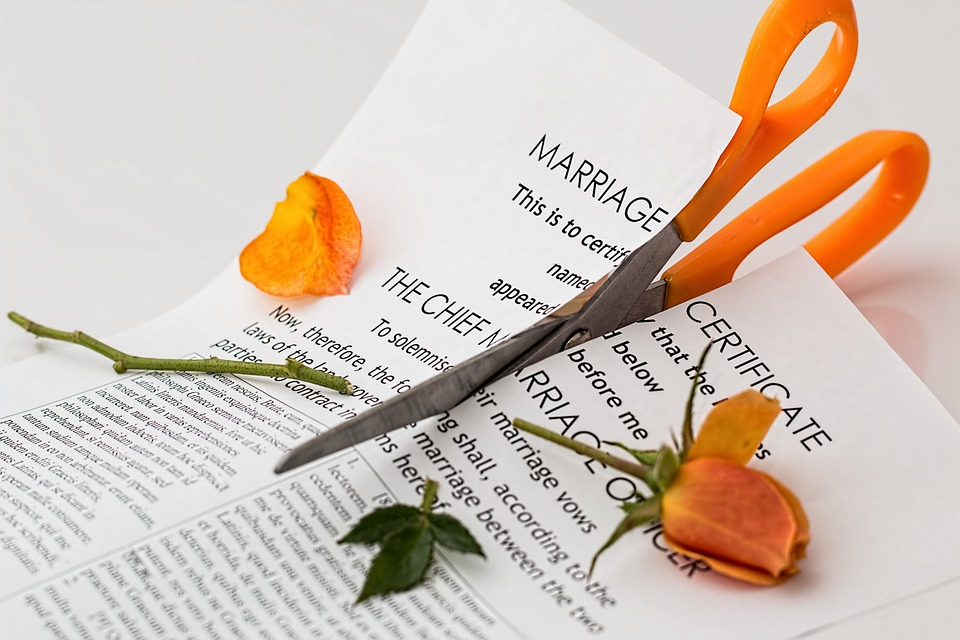While many people sometimes resort to changing their surnames, it might be a difficult thing for others. You might get sucked into the pitfalls of doing it, and you might be “forced” to spend an exorbitant amount of money if you aren’t well aware of what you’re getting yourself into.

Legally changing your last name starts by filing a name change petition in the Superior Court where you live, and ends with a court order in your hands. It’s in your best interest to do your research before starting the name change process, since the procedures vary from state to state.
You’ll find terms such as “civil partnership” and “deed poll” thrown around but you won’t be able to understand them well unless you’re well versed in what you’re doing. And if you’re not, we’re here to help. We’ve got a few things that might help you when you’re changing your surname, and make things a bit easier and friendlier to your wallet. So, what should you do when you want to change your surname?
How is it done after marriage or civil partnership?
When you’re getting married, or when you’re getting into a civil partnership, there are a few things that might happen. The certificate you will get doesn’t, in any way, indicate the surname you will have after the ceremony. However, it can, in fact, be used to show that you’ve changed your name.
In both situations, you can choose to take the surname of your spouse or civil partner. Or, you could opt for double-barrel surnames. In any case, this is something that you’ll do when you’re taking care of your marriage license.
After this, you should fill in the relevant forms in order to get an updated passport or driving license. You will also need to provide a marriage certificate to financial institutions, such as banks. If you also have any legal documents, like a trust or a will, you should definitely update those as well.
One thing that might be confusing is, how do you travel on your honeymoon? Do you use your old passport, even though you have changed your name? That isn’t really legal. Or, do you get new passports and only then go to your honeymoon? Well, there are some instances that allow you to change the passport’s name up to three months before the ceremony actually takes place – this might give you a bit more time to work with.
RELATED: The Best, Surprisingly Simple Marriage Advice
How do you change your surname with a deed poll?
A deed poll, even though it sounds awfully official, is a simple document that contains three declarations. The first is that you’re abandoning your previous name. The second is that you will only use your new name, at all times, and the third is that you want all persons to address you only by your new name.
The deed poll must be signed and dated in both your old and a new name. The new one must have both the forename, and surname, and be pronounceable. It should also comply with all the common-sense restrictions that your country has put in place. You should also have two witnesses sign this deed poll. They’ll also provide their names, addresses, and occupations.
What about changing your surname after a divorce?
Even though not someone anyone wants, sometimes it just happens, and you may want to consider going back to your maiden name if you took your spouse’s surname. This is actually the simplest option of them all. All you will need to do is let your divorce attorney know what you want, and they’ll be able to take care of this for you when they’re filing the paperwork.
Wrapping things up
At the end of the day, the aforementioned situations are the three most common occurrences when one might want to change their surname.
When it’s a marriage or a divorce, the change of surname usually occurs when the paperwork is being taken care of. There’s nothing additional required, and as such, it’s a pretty simple process.
When, however, you want to change your surname and it’s not a part of one of the abovementioned processes, a deed poll is the best way to go about it. It’s also a fairly simple procedure, and it won’t cost you more than 50ish pounds.
[…] How To Change Your Last Name After Marriage (Or Divorce) […]